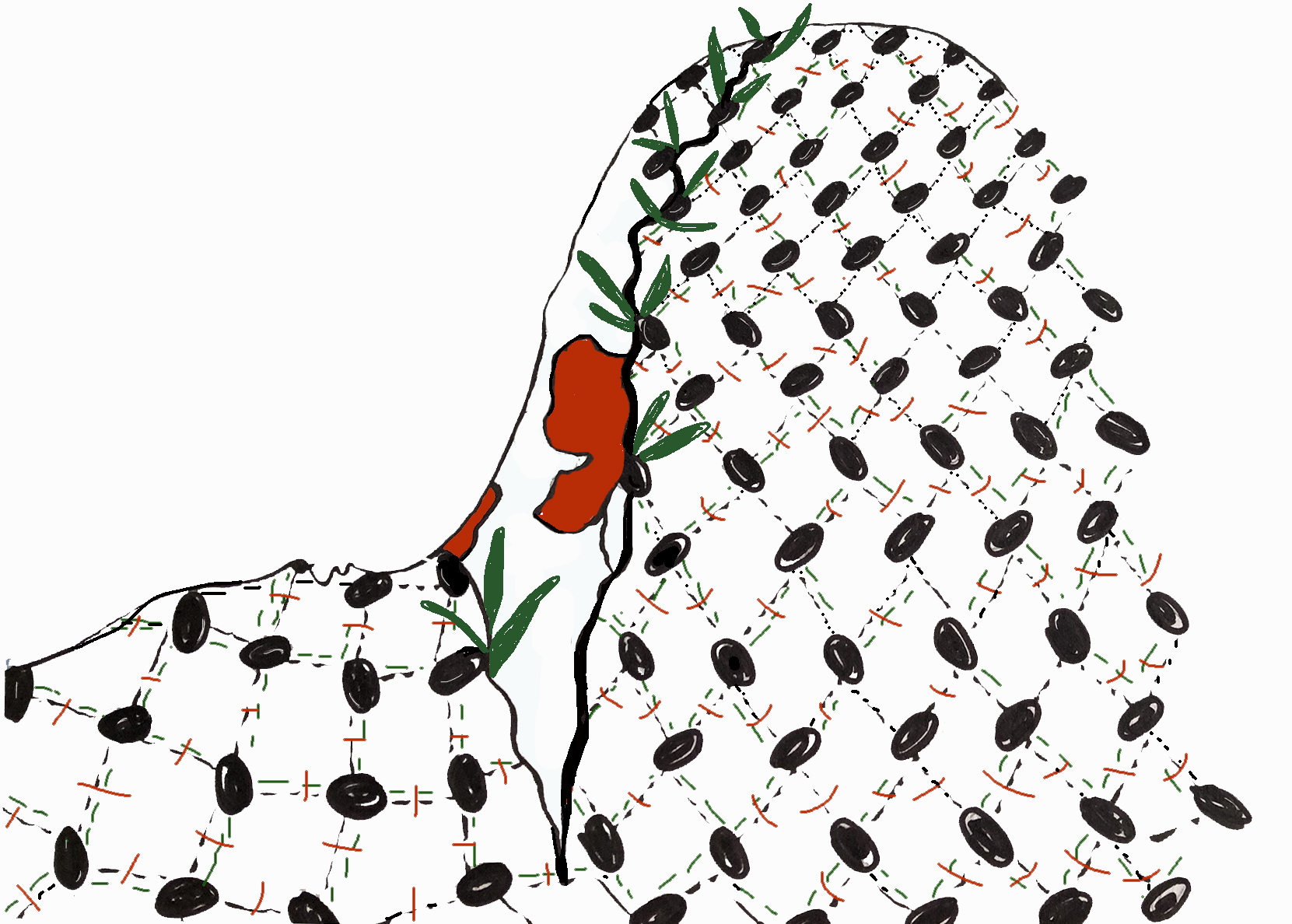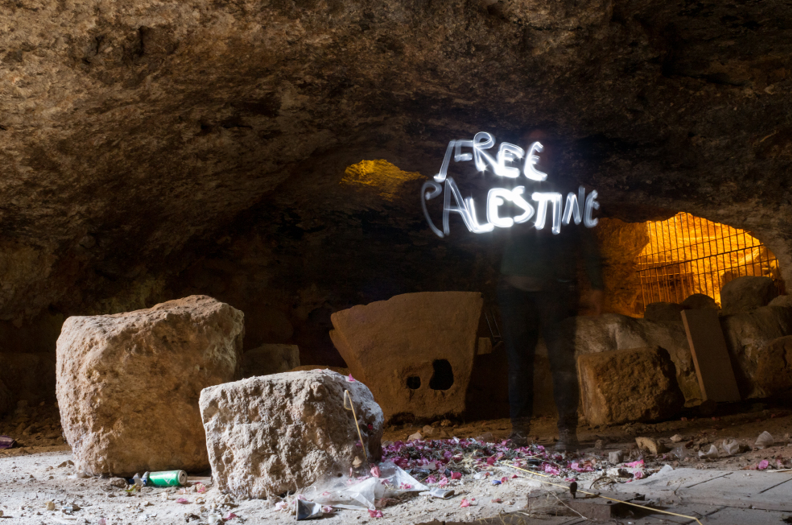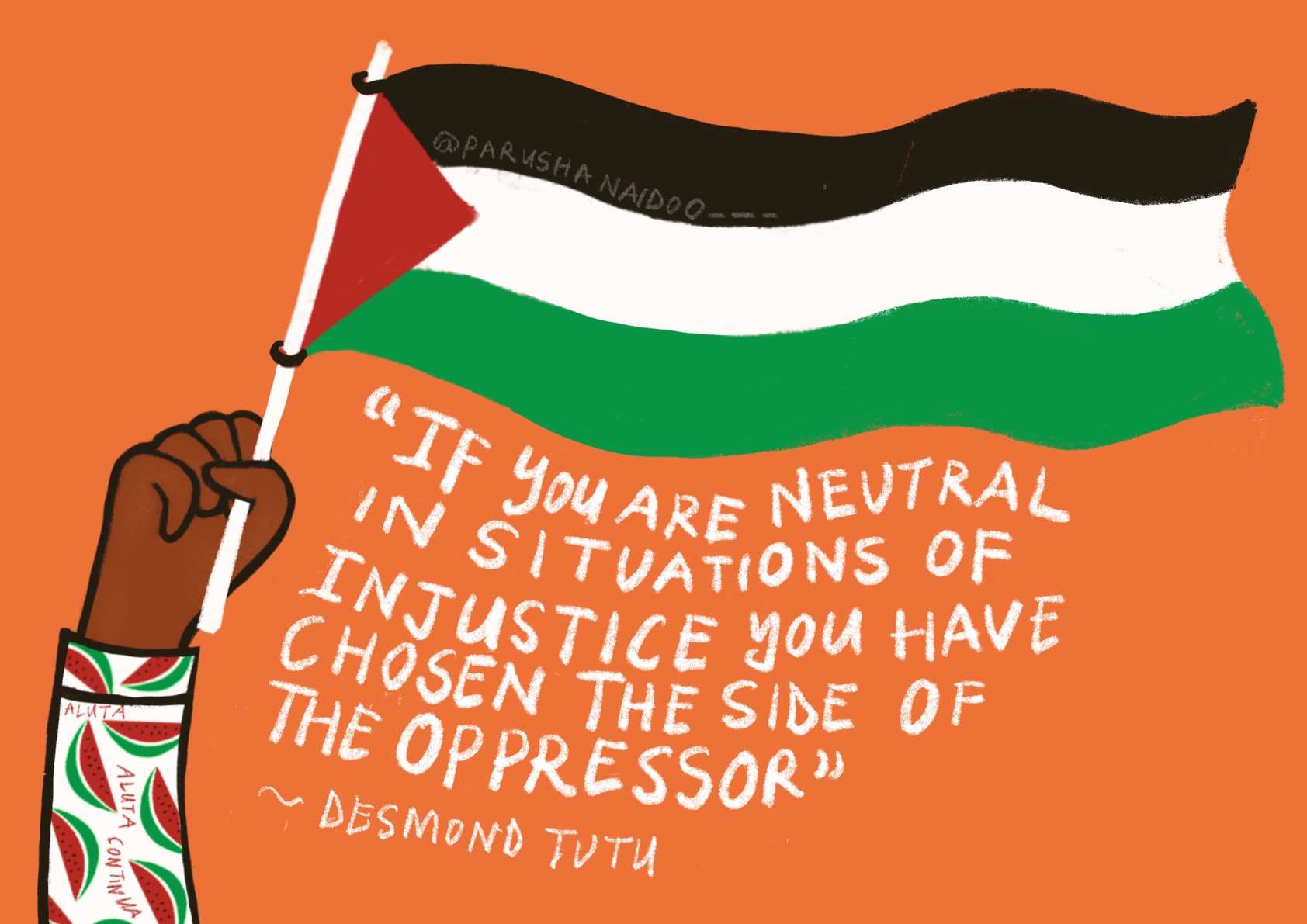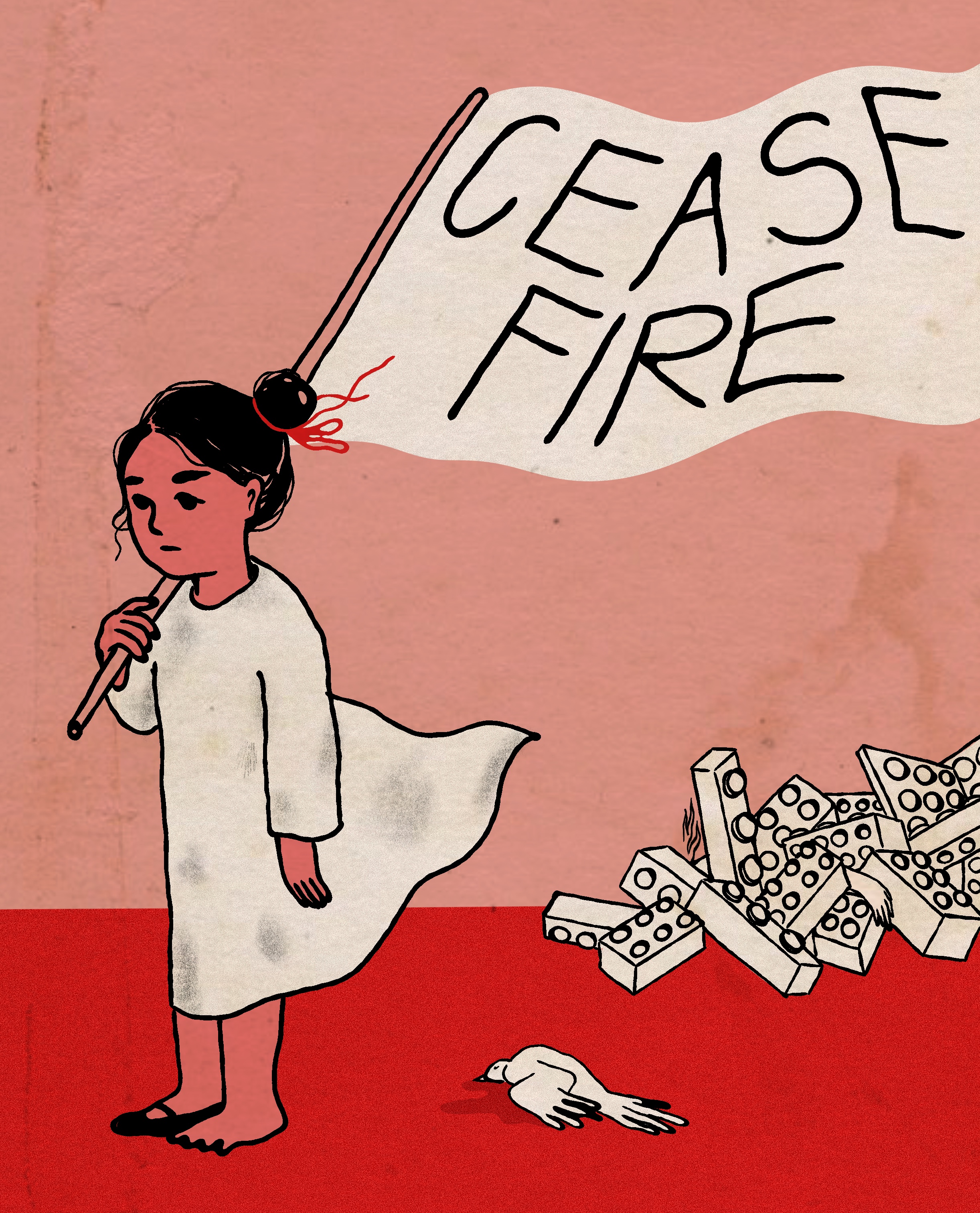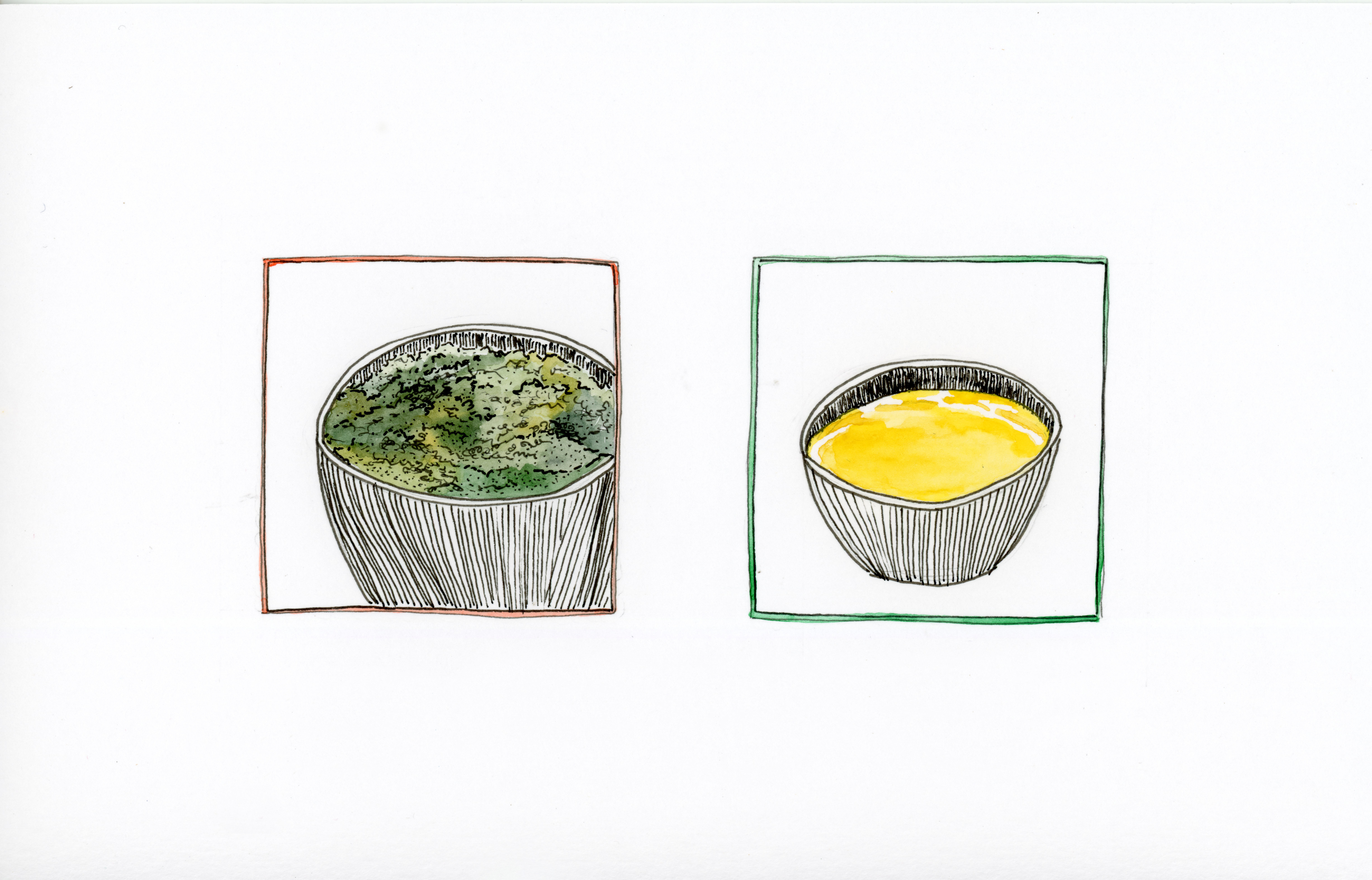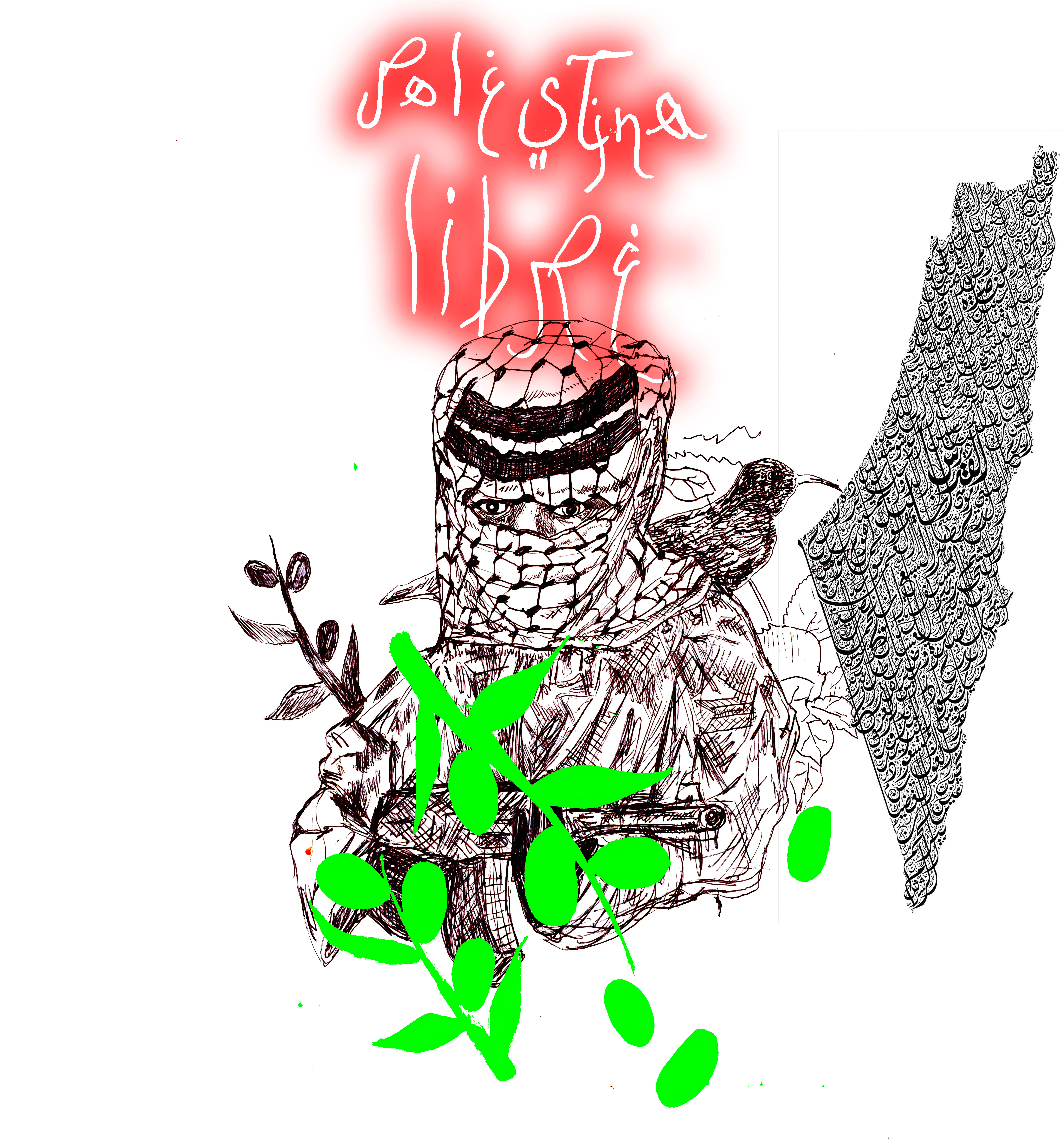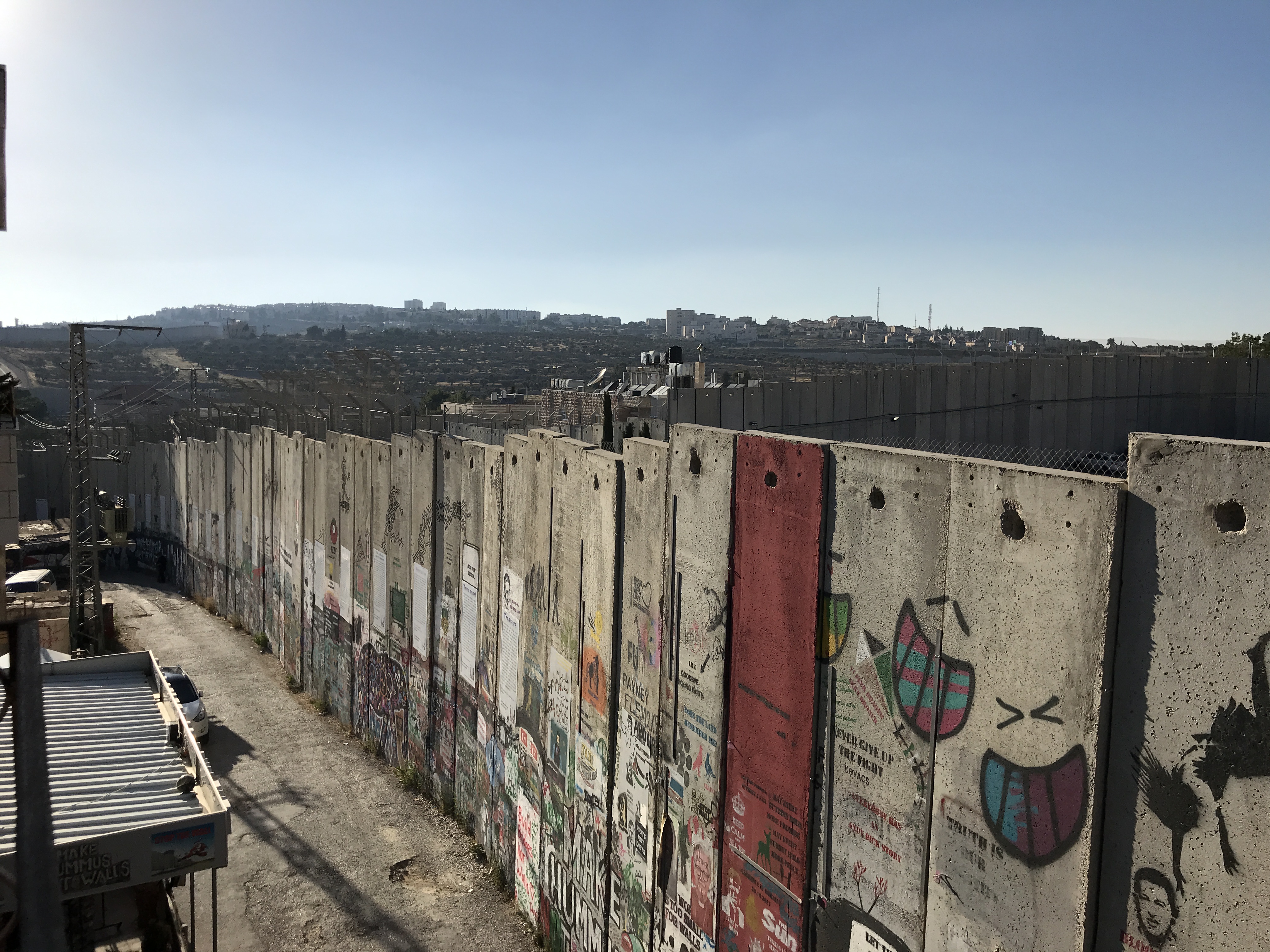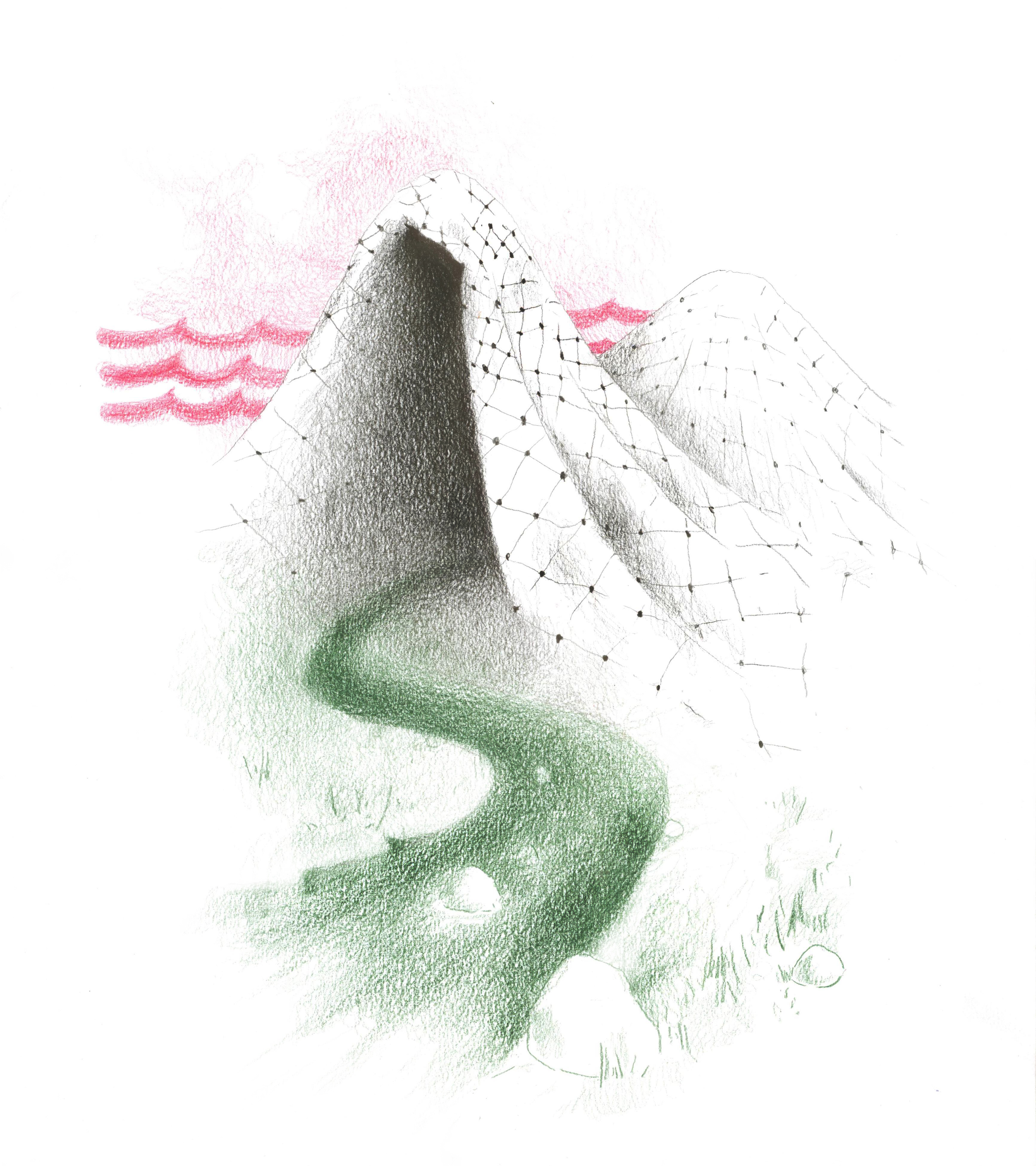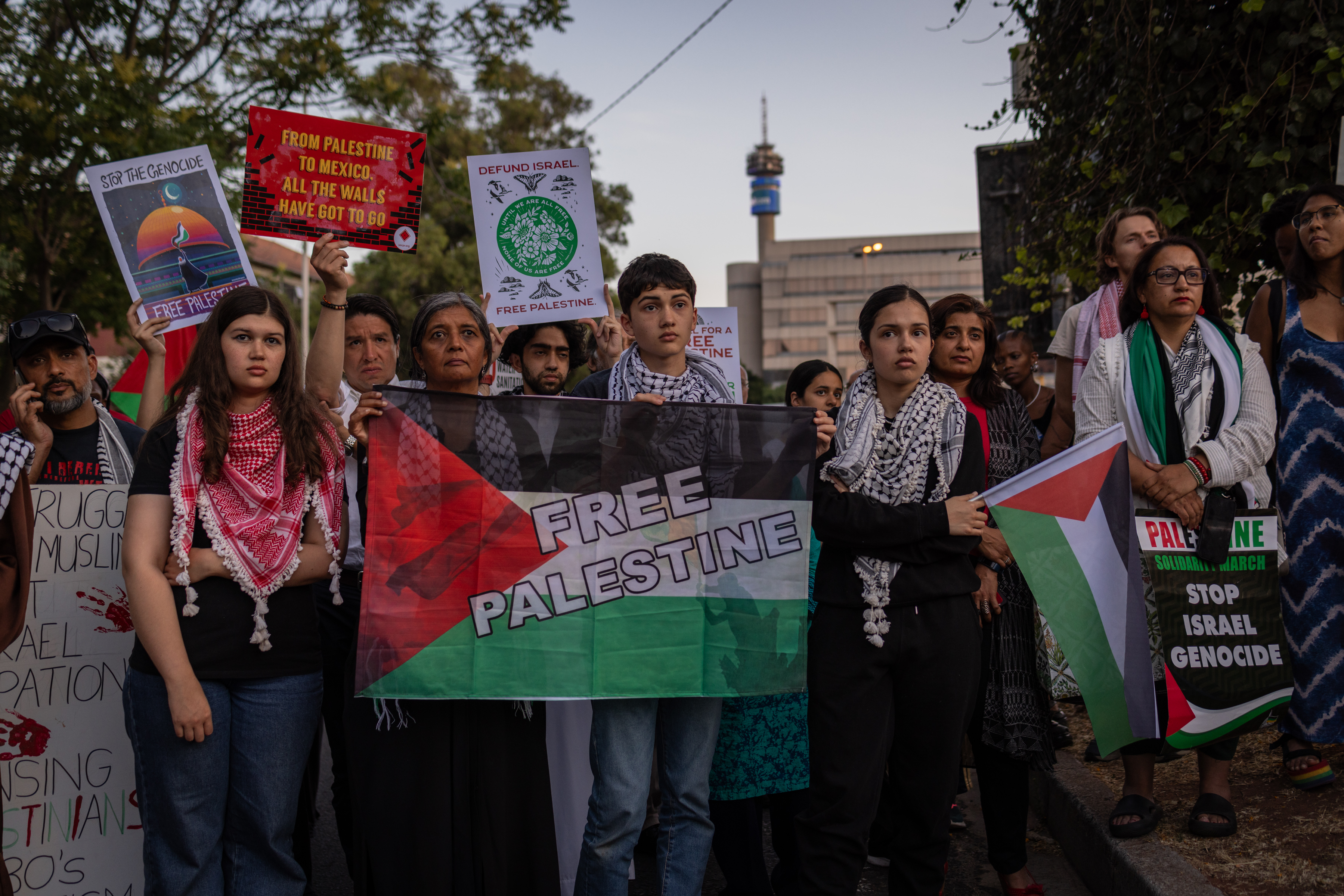Stories fly far and wide
by: Sari Dennise
In 2018, when the Arts Collaboratory Ecosystem held its general assembly in Palestine, Lebanon and Jordan, a group of us from the network were guided by the generosity of our Palestinian family. During a series of tours and encounters, we heard their stories, memories and experiences. One of the activities carried out, a walk through Jerusalem, still resonates with me years later for its ability and sensitivity to show the diverse narratives that coexist in that small territory.

